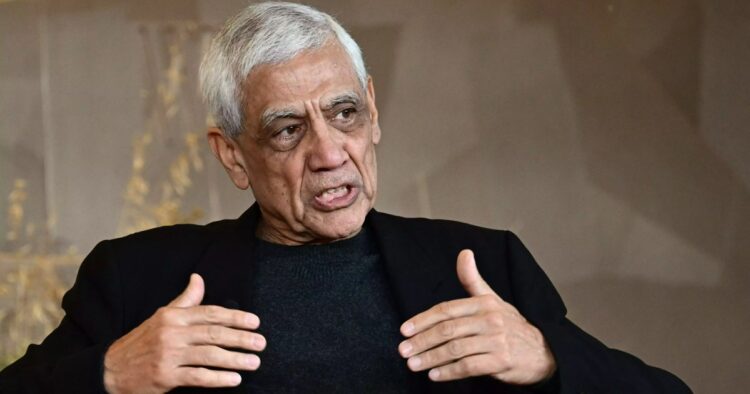In a recent statement, billionaire investor and early OpenAI supporter Vinod Khosla shared his bold perspective on how artificial intelligence (AI) is poised to reshape the global economy over the next 25 years. Contrary to the prevalent inflationary trends, Khosla predicts a significant deflationary effect driven by AI technologies.
According to Khosla, AI’s transformative impact will lead to a scenario where prices decrease, resulting in lower profits for companies. In such a deflationary environment, traditional indicators of economic health, like current measures of GDP, may become less relevant. Khosla emphasizes that while capital may be scarce for a while, goods and services will become more abundant, sparking a need for reevaluation of economic metrics.
Khosla, who invested a substantial $50 million into OpenAI in 2019, believes that AI’s influence will prompt a shift in how we gauge economic well-being. He challenges conventional thinking by suggesting that current economic measures may not adequately capture the evolving landscape shaped by AI-driven advancements.
Addressing concerns about the risks of AI, Khosla dismisses the notion that sentient AI poses the greatest threat. Instead, he points to geopolitical considerations, notably highlighting China as a more substantial risk. This perspective aligns with his broader stance on the nuanced challenges and opportunities presented by AI technology.
Khosla’s views echo those of other tech luminaries, including Elon Musk, who, when introducing Tesla’s AI robot, envisioned a future of “quasi-infinite” economic possibilities. Musk’s optimism centers around the idea that AI-driven automation, particularly in manual labor, could usher in an era of abundance, eradicating poverty and revolutionizing civilization as we know it.
As these visionary figures continue to shape the narrative around AI’s impact on the economy, the debate on the future measures and questions pertinent to this evolving landscape gains prominence. With Khosla’s bold predictions, the discussion extends beyond technology and finance, touching on fundamental aspects of societal transformation and economic paradigms.

















Comments